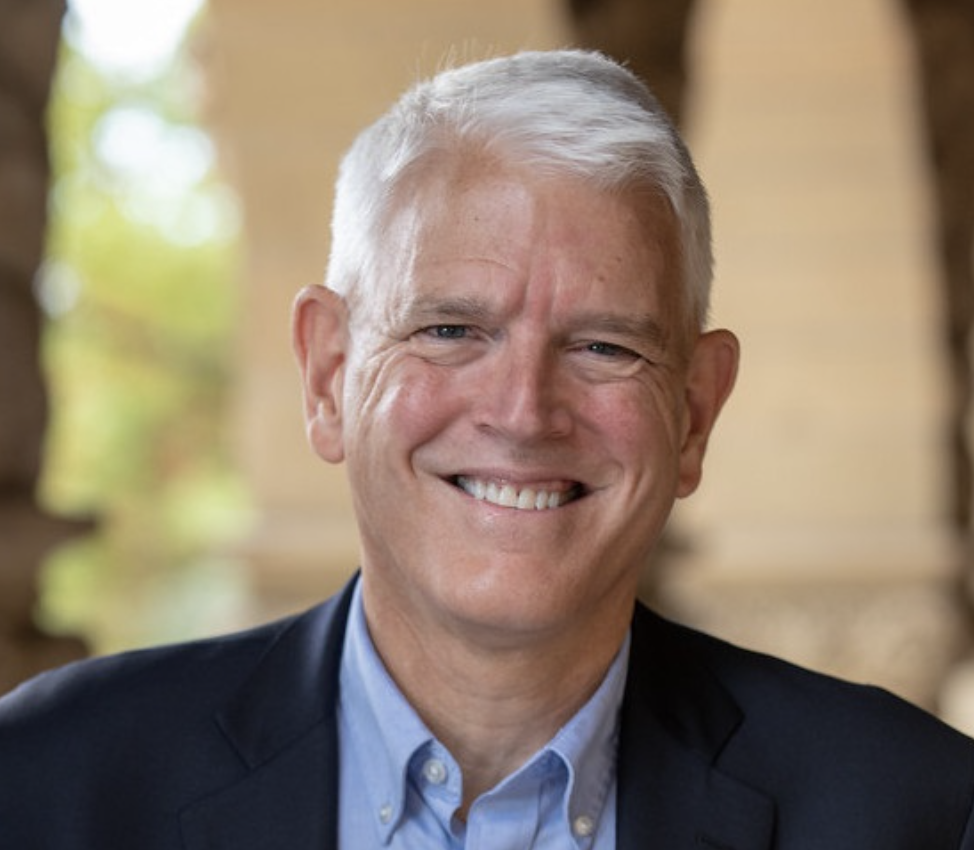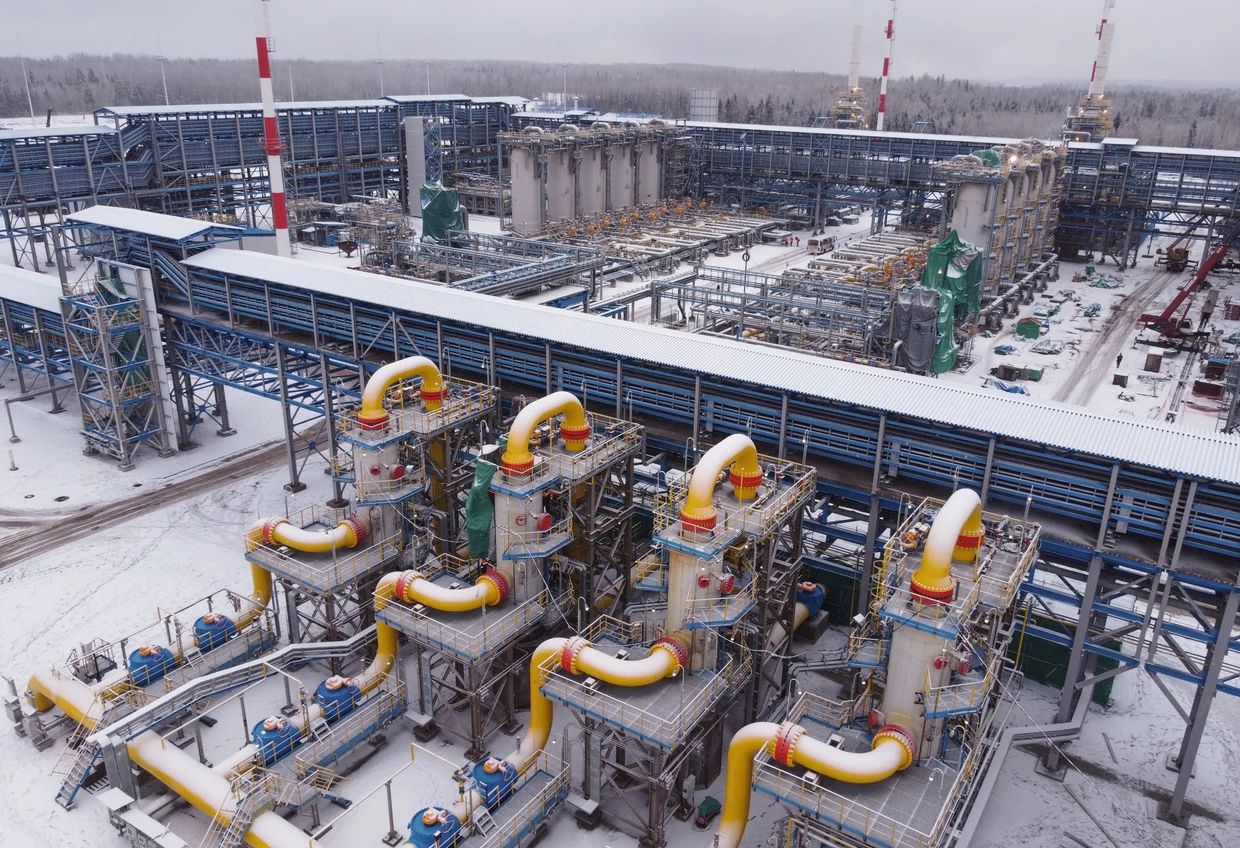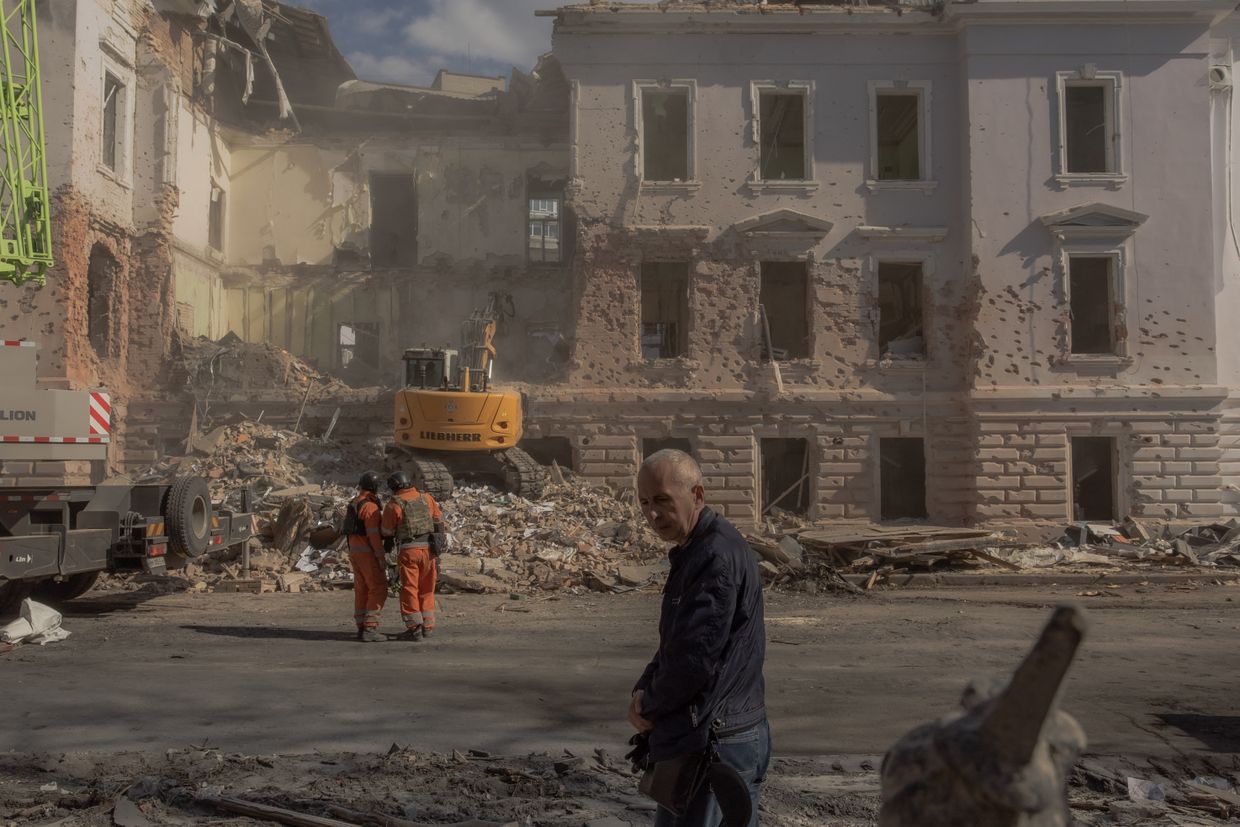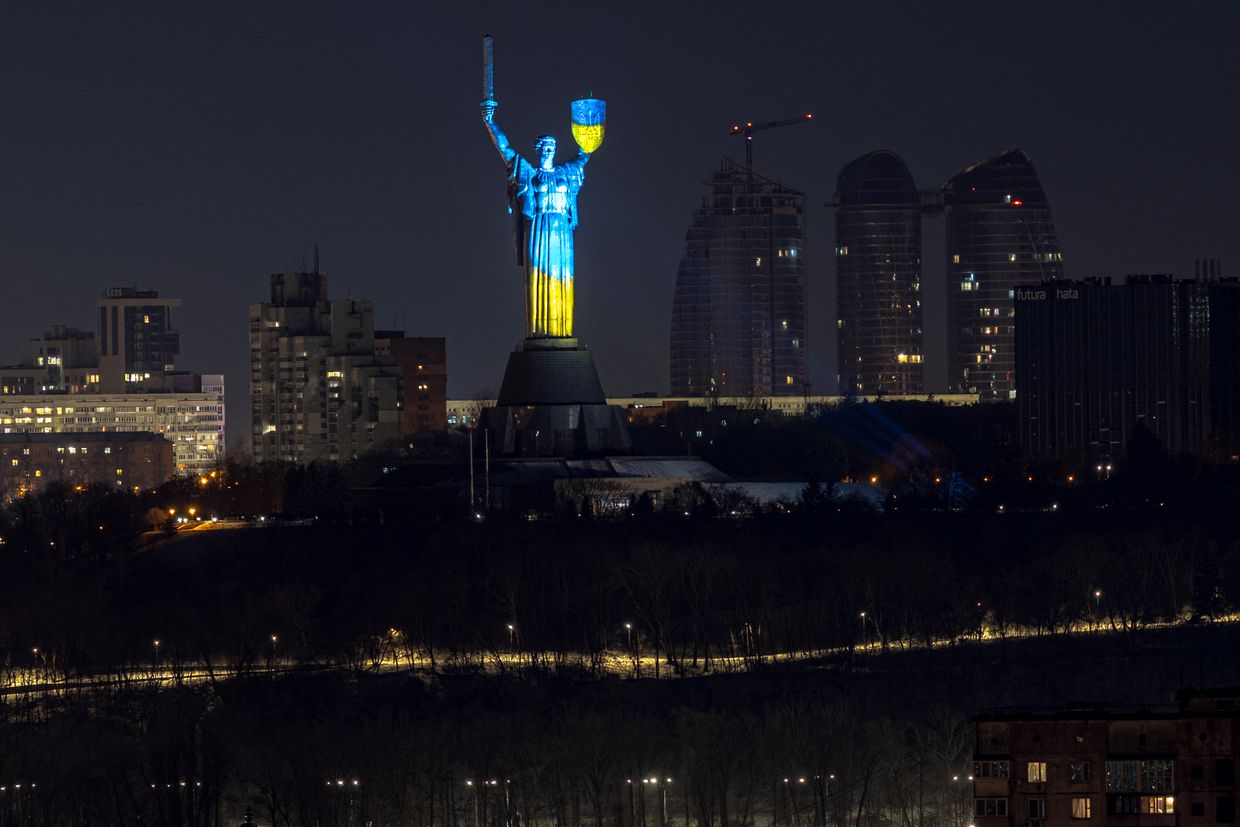Since the start of Russia’s full-scale invasion in 2022, the Kremlin has sought to play the nuclear card – both to frighten Ukraine and to deter the West from assisting. Kyiv and its partners cannot ignore Moscow’s nuclear threats, but they should understand that the Russian leadership does not want a nuclear war.
Russian President Vladimir Putin has sought to cast a nuclear shadow over Russia’s full-scale invasion from the beginning. Three days after Russian troops crossed Ukraine’s borders in the north, east, and south, Putin said he had put Russian nuclear forces on “special combat readiness.” The U.S. Defense Department later observed that it had seen no change in the status of Russian nuclear forces.
The Kremlin’s most recent attempt to play the nuclear card came on May 6. The Russian Defense Ministry announced it would hold an exercise involving non-strategic (tactical) nuclear weapons in Russia’s Southern Military District near the Ukrainian border. The Russian military has routinely conducted such nuclear exercises; the only difference was that they announced it in advance this time.
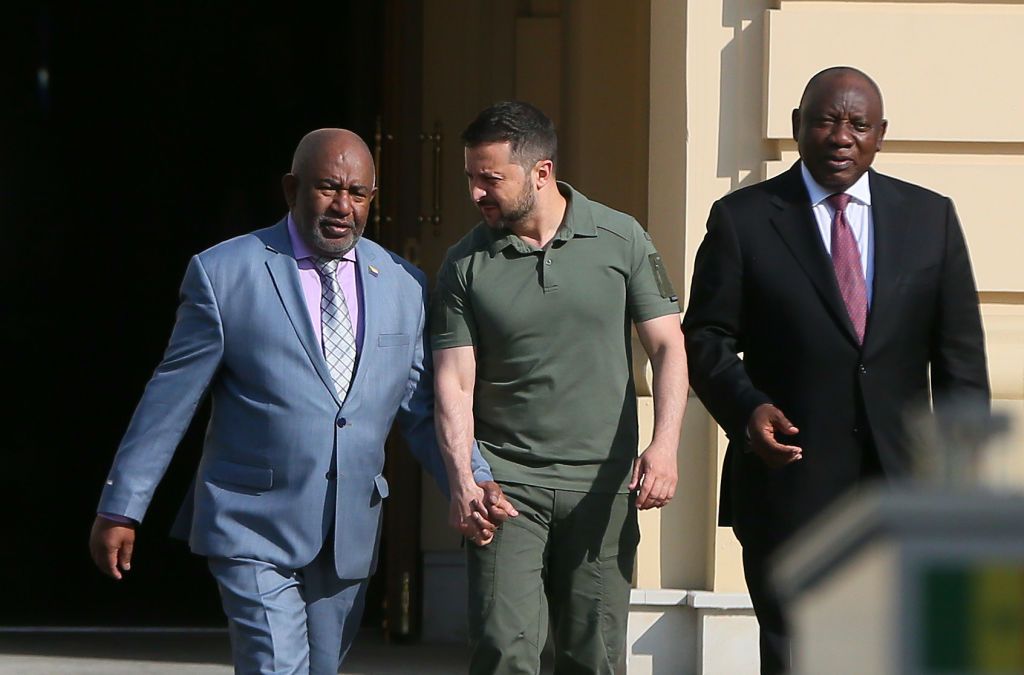
Putin’s sidekick in Minsk, Belarusian dictator Alexander Lukashenko, joined the act on May 7, announcing Belarusian nuclear exercises. These weapons cannot be used without Moscow's authorization. Their deployment to Belarus was largely a political gesture, as they can’t cover targets that Moscow couldn’t already strike from bases in Russia or its Kaliningrad exclave.
The nuclear card has induced some caution in the West but not as much as the Kremlin hoped. It has kept NATO combat forces out of the fight, but those forces were never on offer anyway. Beyond that, the threats have slowed, but not stopped, Western decisions to provide more sophisticated arms to Ukraine. Ukraine has received long-range ATACMS and will get F-16 fighter jets later this year. Prohibitions on using Western-provided arms to strike targets in Russia are clearly eroding.
Putin’s nuclear threats peaked in September 2022. After the Kremlin supposedly annexed parts of Ukraine’s Luhansk, Donetsk, Zaporizhzhia, and Kherson oblasts, Putin claimed Russia would defend “our land with all the forces and resources we have.” Analysts interpreted “all the forces” as including nuclear arms.
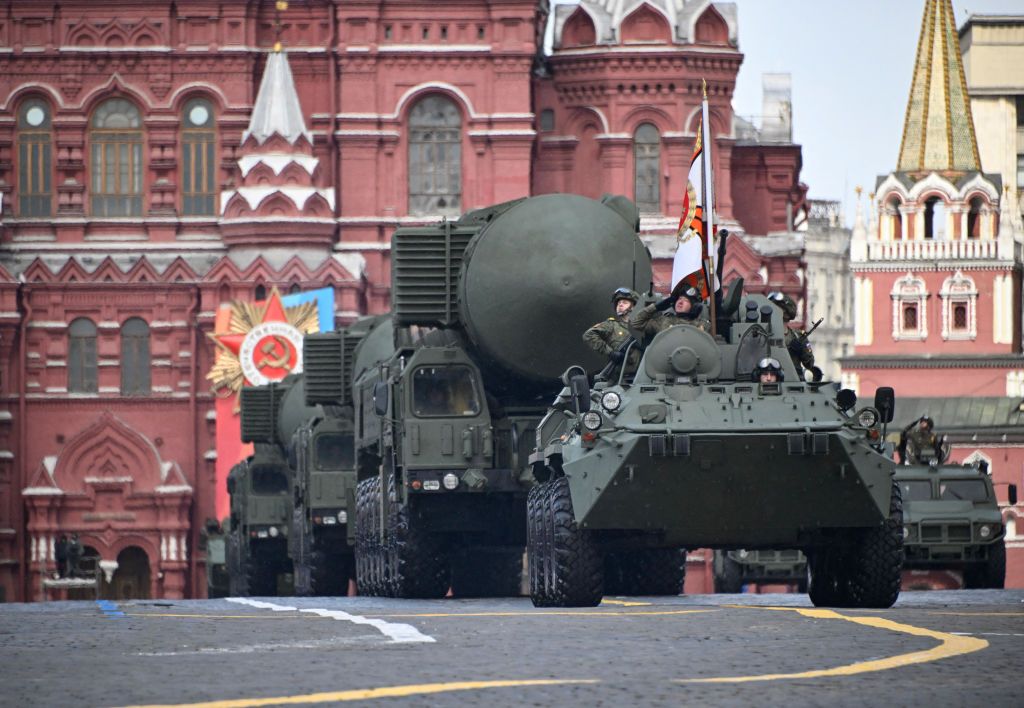
Those threats did not have the desired effect. Kyiv, who regards this war as existential, continued to attack Russian forces in the four oblasts that Putin claimed as part of Russia. Western officials threatened “severe consequences” for any Russian nuclear use and continued the flow of arms to Ukraine, leaving the specifics of those consequences for Moscow to puzzle out. China joined others in criticizing the nuclear gamesmanship.
The Kremlin seemed to grasp this, particularly the negative reactions from Beijing and other key capitals, and quickly ratcheted down the rhetoric. In late October 2022, Putin denied any threat to use nuclear weapons and blamed the West for trying to tarnish Russia’s reputation.
The following week, in early November, the Russian Foreign Ministry released a statement on the inadmissibility of nuclear war, reiterating that a “nuclear war cannot be won and must never be fought.” Later that month, Russia joined in a G20 statement noting that the “use or threat of use of nuclear weapons is inadmissible.”
Putin has since then remained relatively sober regarding nuclear threats. Russian television propagandists have not followed suit, often indulging in fantasies about nuclear attacks on Europe without considering the potential repercussions for Russia. A former Russian official told me last fall that, when it comes to nuclear rhetoric, the West should focus its attention solely on Putin.
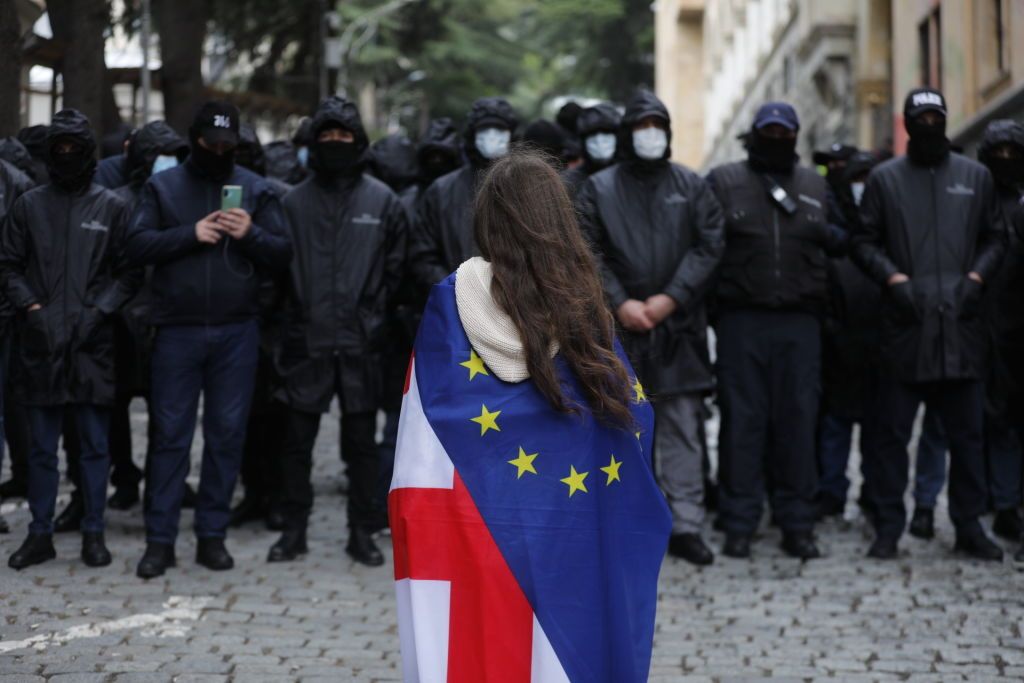
It’s challenging to overlook nuclear threats when they come from the country with the largest nuclear arsenal, whether overt or implied. However, it’s essential to remember that Putin does not want a nuclear war. Such a conflict would open a Pandora’s box filled with unpredictable, nasty, and potentially catastrophic consequences – including for Russia. By suggesting that Putin is more ready than Ukraine or the West to risk such a war, he seeks to intimidate them. They can choose not to be intimidated.
The rhetoric coming from Moscow raises one other concern: it makes it hard to recognize and interpret a future genuine nuclear signal. While Putin may be the one to whom attention should be paid, should we dismiss Dmitry Medvedev, the deputy chairman of the Russian Security Council, who regularly muses about nuclear weapons, as he did most recently on May 31?
If the situation escalates to the point where the Kremlin genuinely considers nuclear use, we would want it to send a clear signal. While Western leaders might not back down, it’s crucial that they correctly understand the stakes. The problem now is that, with all the nuclear rhetoric in Moscow, such a signal could get lost in the noise. This should be a concern for both the Kremlin and the West.
Editor’s Note: The opinions expressed in the op-ed section are those of the authors and do not purport to reflect the views of the Kyiv Independent.
